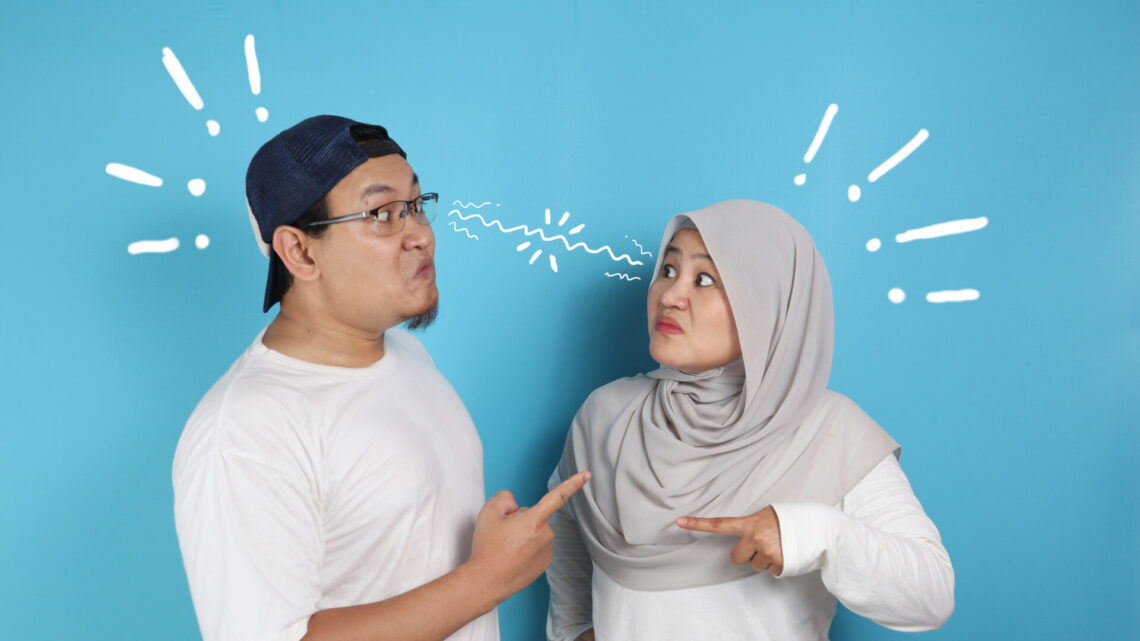What you will learn from this blog:
- Men and women are wired differently and that affects how emotions are processed
- How both you and your partner can play to your individual mental and emotional strengths and develop a better bond
Many misunderstandings between men and women happen because of differences in the way both genders process emotions. For example –
- Sometimes women may find men are unable to fully support them emotionally and may perceive men to be too “logical”
- Sometimes, men may not understand why women react strongly to something, and may perceive women to be “irrational” or “overreacting”
These relationship issues can be handled better when we understand how men and women are wired differently from each other during relationship counselling.
(Note: The information here is not meant to stereotype any gender, but are general observations based on scientific studies and our experiences as therapists. Ultimately, every individual is unique.)
1. Men tend to use more reasoning to process emotions than women
Studies show that the limbic system – which is the part of the brain involved in our survival and emotional responses – is larger in women than in men.
A study also found that the connection between the amygdala region in the brain (which is involved in fear and threat detection) and the prefrontal cortex (which is involved in reasoning and other executive functions) was stronger in male subjects than female subjects.
This suggests that when men feel an emotion such as fear, they tend to use more logic and reasoning to process than women do.
This means that men may feel certain emotions less intensely and process emotions differently from women.
In a relationship, partners can leverage on their respective strengths in dealing with emotions to overcome challenges, for example:
- Women may be more able to provide comfort and emotional support to family members in need.
- Men may be more able to bring clarity, groundedness and safety in an emotional situation.
2. Men can take longer to express themselves
Because men’s reasoning function (in the prefrontal cortex) comes in more dominantly when processing emotions, men may sometimes take more time to express their emotions and be more careful when choosing words to express themselves.
This might make their partner feel like they are unexpressive and “going into a cave”.
It is important that partners reflect on and communicate openly about how they experience and process emotions differently; how their responses impact the other; and how they can deal with emotional situations better.
(See our blog on ‘How couples can help each other manage their emotions better’)
3. Men tend to resolve emotions more by thinking rather than by expressing
Consider this example – if a stranger slams a door at a man, he might feel angry but rationalise that there is no need to feel angry because the stranger probably did not mean it, and the event is already over. This might help the man to get over it and resolve his anger.
On the other hand, if a stranger slams the door at a woman, she might feel angry and talk to her friends about it. Her friends might listen and validate her feelings, and that’s all she needs to resolve her anger.
This difference could lead to misunderstandings between partners. For example, men may not understand why women share so much, and women may not understand why men share so little.
In reality, both thinking and expressing are needed in healing and resolving emotions. If one only uses thinking, it can lead to over-analysing and suppression of emotions. If one only expresses emotions, it can lead to ungroundedness.
Partners can recognise this difference and see it as an opportunity to grow and come into greater balance as individuals. For example, men could work on being more expressive, while women could work on grounding emotions.
Conclusion
When dealing with conflicts in relationships, it is important to recognise differences in the way men and women experience and process emotions. Generic relationship advice about regulating emotions in a conflict (e.g. cool down, speak calmly, find a middle ground, etc) may not always work because of these differences.
What is more practical is for couples to reflect on and understand each other’s internal world:
- What happens in each of them when they are triggered?
- How overwhelmed are they by the emotion?
- Do they go into the mind or the body when they feel emotional?
- What methods work best for them in regulating emotions when they are triggered?
Based on this understanding, couples can then work out what unique roles they can play in an emotional situation.
For example, a partner who is better at remaining calm and centered can play the role of keeping the other grounded and leading them out of the situation. A partner who experiences greater extremes of emotions can focus on sitting with the emotion and deepening emotional connection between the couple.
It is about understanding who you are and who your partner is authentically, in order to deepen intimacy, communicate better, and find complementarity, beauty and love in your differences.
Learn more about our couple’s counselling in Singapore today and how you can create a better bond with your partner.




